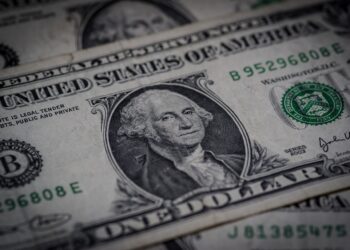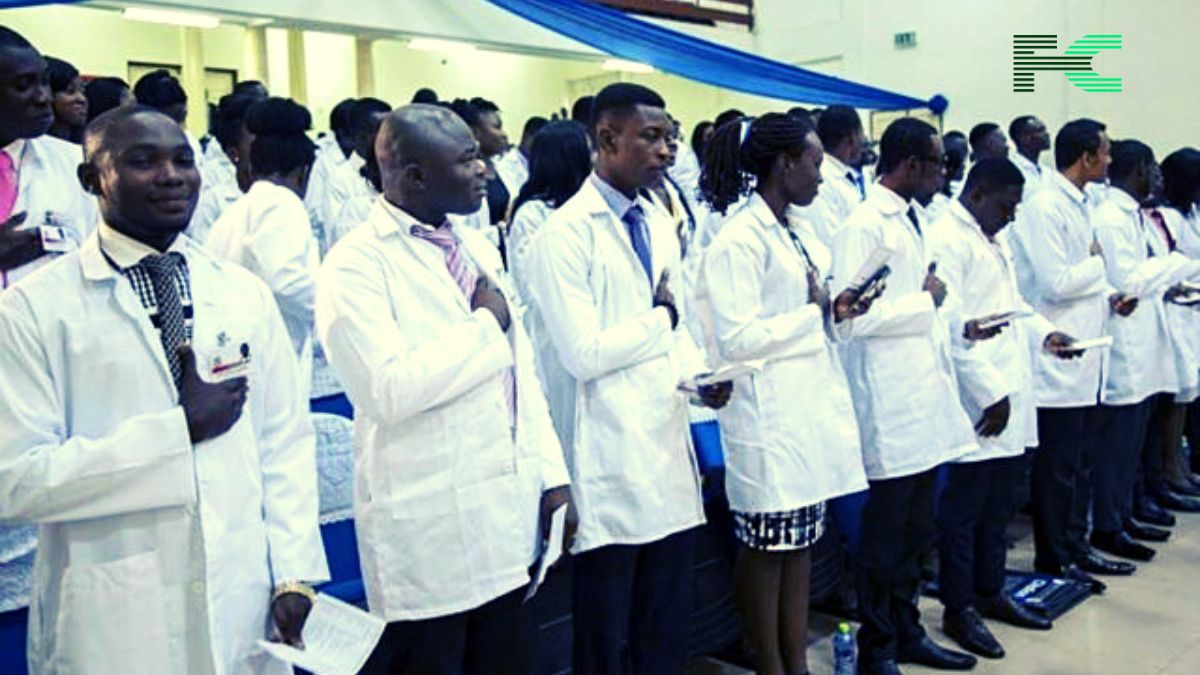The Bank of England is reportedly reconsidering a potential interest rate cut due to the economic impact of Taylor Swift’s upcoming UK concerts. The pop star’s 15 shows, including five in London, are expected to generate a whopping £1.07 billion ($1.27 billion USD) for the local economy, according to estimates by Barclays analysts.
This significant boost to UK GDP has led the Bank of England to reassess its decision on interest rates, potentially delaying a rate cut to gauge the concerts’ impact on inflation. The news has sent ripples through the market, causing the pound sterling to fluctuate and UK bond yields to increase slightly.

Global markets are watching closely for potential ripple effects, as the Bank of England’s decision could have far-reaching implications for the economy. Governor Andrew Bailey is set to make a statement on the interest rate decision, with market analysts predicting a potential delay in the rate cut.
This development highlights the unexpected factors that can influence monetary policy decisions. The Bank of England’s move could have significant implications for the UK’s economic outlook, and the potential delay in interest rate cuts may impact borrowing costs and economic growth.
The Taylor Swift effect on the UK economy is a rare example of how a single event can influence monetary policy decisions. As the world watches, one thing is clear: Taylor Swift’s concerts have become a force to be reckoned with in the world of finance.

















